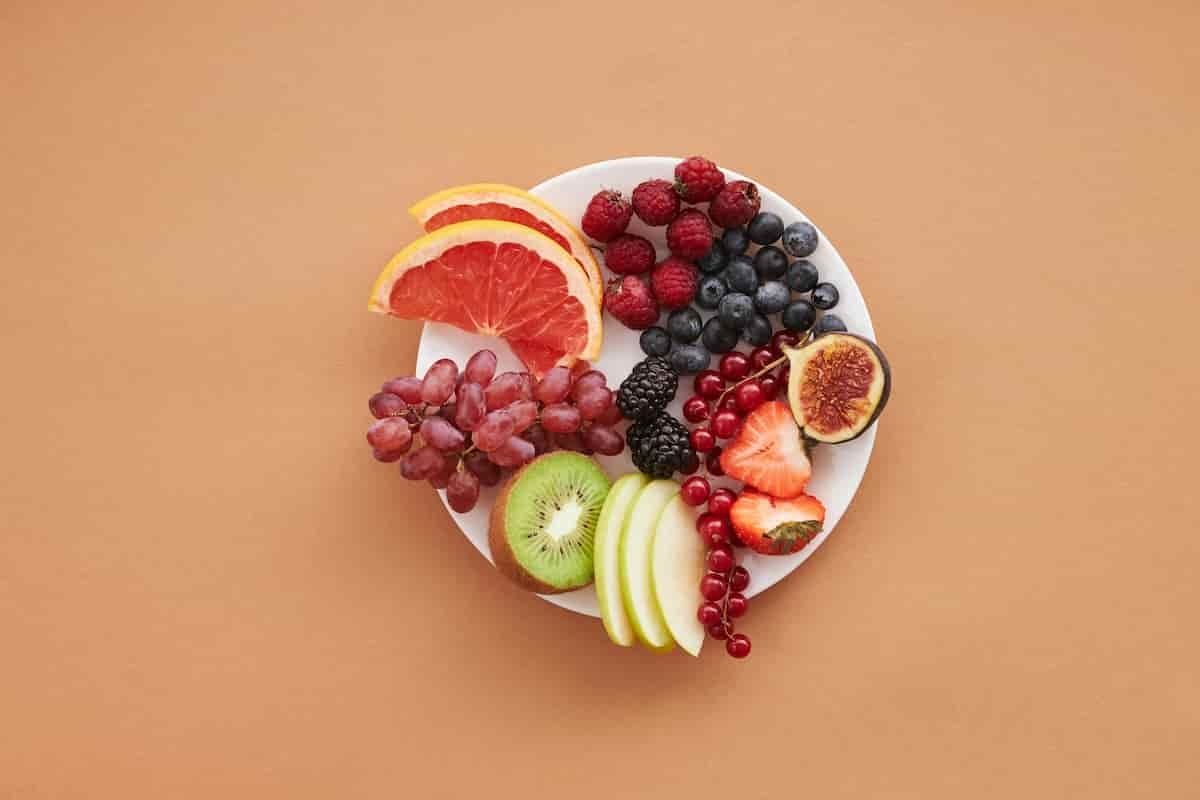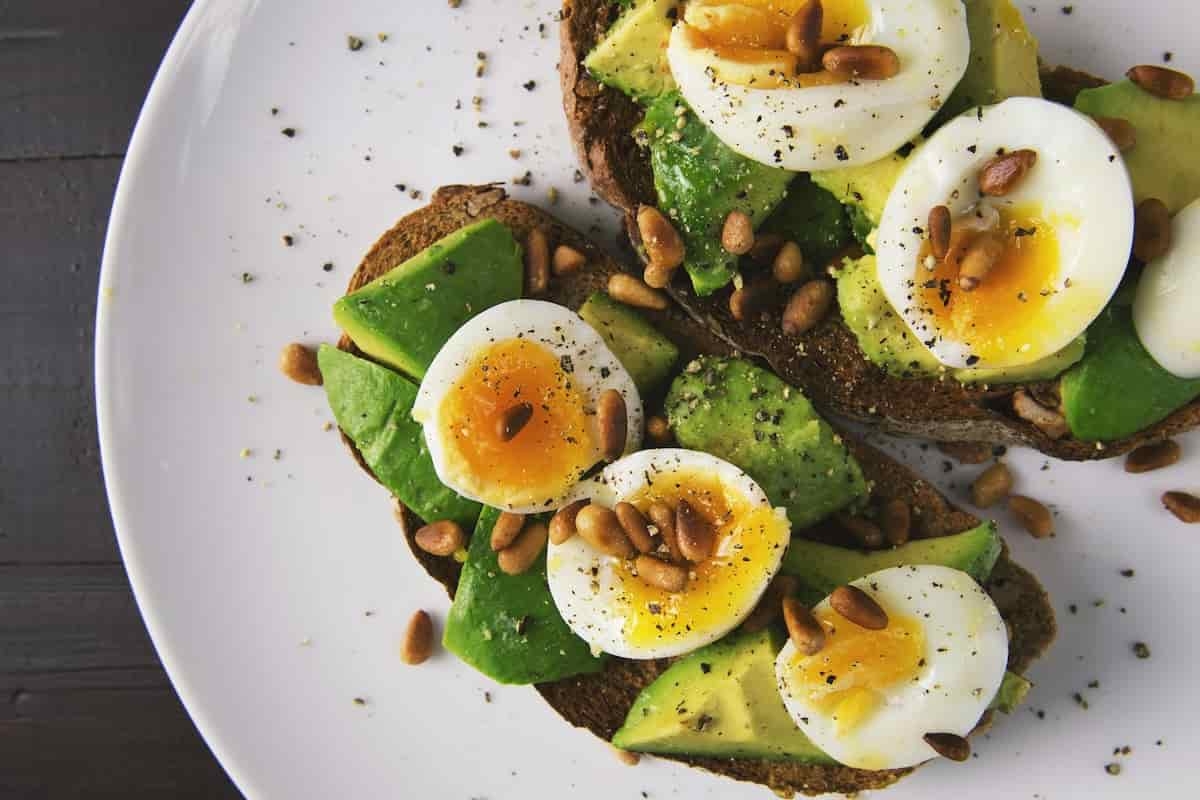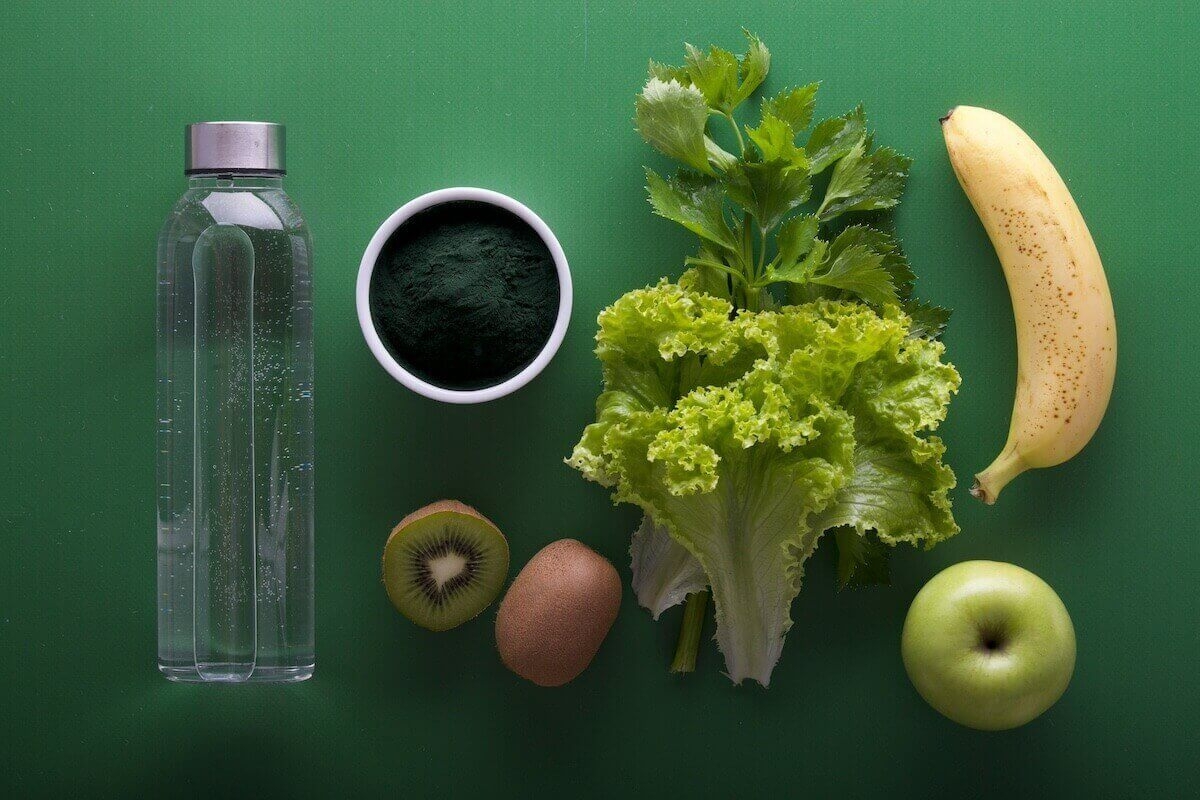Last update: January 22, 2025
5 minute read
Does Chia Seed Water Help Weight Loss?
Can chia seed water aid in weight loss? Uncover the facts about this trend, including its benefits, risks, and how to use it effectively as part of a healthy lifestyle.

By Stephanie Wright, RN, BSN
Edited by Dr. Dimitar Marinov, MD, RDN, PhD

Ever since chia seeds gained superfood status in the media, they've been touted as a weight loss aid. But do they actually help when added to water? Let's dive into the facts and separate truth from fiction.
Key takeaways
- Chia seed water may promote feelings of fullness due to high fiber content and water absorption
- Scientific evidence for direct weight loss effects is limited
- Chia seed water is best used as part of a balanced diet and exercise plan, not a standalone weight loss solution
What exactly is chia seed water?
Chia seed water is simply water with chia seeds added. These tiny seeds absorb liquid and form a gel-like substance. But what's so special about them?
Chia seeds pack quite a nutritional punch:
- High in fiber
- Contain some omega-3 fatty acids
- Decent source of protein
- Contain essential minerals like calcium and magnesium
Potential weight loss benefits: What does the science say?
Can chia seed water really help you shed pounds? Let's look at the evidence.
Feeling fuller: How chia seeds might curb your appetite
Chia seeds' fiber content and water-absorbing properties may help you feel satisfied. In particular, chia is rich in both soluble and insoluble fiber, with the soluble fraction being able to react with water and form this gel-like substance.
High-fiber foods tend to increase feelings of fullness, and as chia seeds expand in your stomach, they could potentially reduce hunger. This might lead to reduced calorie intake over time.
Nutrient support: Fueling your body during weight loss
While not directly causing weight loss, chia seeds provide nutrients that can support your efforts. For example, omega-3s may help reduce inflammation, although it's important to note that the plant-based omega-3 called ALA in chia is used for this purpose in a very small percentage, compared to directly consuming the animal-based DHA and EPA.
Furthermore, sufficient protein intake supports muscle maintenance during calorie restriction. The minerals contribute to overall health, which is crucial during any weight loss journey.
Limited evidence for direct weight loss
Despite the hype, scientific proof is lacking. A 12-week study found no significant weight loss with daily chia seed consumption.
Why the disconnect? Understanding the research gap
Most studies focus on chia seeds alone, not specifically chia seed water. Chia seed water may be more satiating as it has higher volume and lower caloric density compared to eating the chia seeds directly.
More research is needed on long-term effects and optimal consumption methods to fully understand their potential effect on weight loss.
VitaRx Tip
The satiating effects of chia seed water may aid weight loss efforts, but they won't lead to weight loss on their own, as a person still has to stay mindful of their total energy expenditure.
Safety first: Considerations before jumping on the trend
While generally safe, be aware of potential issues when consuming chia seed water.
Watch those calories: Chia seeds aren’t calorie-free
Chia seeds are calorie-dense; moderation is key. Adding too many to your diet could potentially restrict weight loss efforts if you're not accounting for these additional calories.
Health made easy: your go-to resource for essential vitamins and supplements

Digestive dilemmas: When fiber becomes too much of a good thing
Some people may experience bloating, gas, constipation or diarrhea when consuming chia seeds, especially in large quantities. It's important to introduce them gradually and stay well-hydrated.
Choking Hazard: The importance of proper preparation
Always soak chia seeds before consuming to avoid potential choking risks. This allows them to absorb water and form a gel-like consistency, making them safer to swallow.
Fun fact about chia
Chia seeds can absorb up to 27 times their weight in water!
How to include chia seed water safely
To maximize potential benefits and minimize risks:
- Start small: Begin with one tablespoon of chia seeds in a glass of water
- Soak properly: Let seeds soak for at least 15 minutes before consuming
- Stay hydrated: Drink plenty of water throughout the day
- Monitor your body: Pay attention to any digestive changes or discomfort
- Consult a professional: Talk to a dietitian or doctor for personalized advice
Frequently asked questions (FAQ)
Here are some of the most frequently asked questions about chia seed water.
Final thoughts
Chia seed water can be a nutritious part of your diet, but it's not a weight loss miracle. It may help with feeling full and provide nutrients, but it's not a substitute for proven weight loss strategies.
It's best used as part of a balanced diet and exercise plan. Remember, sustainable weight loss comes from lifestyle changes, not quick fixes. Always consult a healthcare professional before making significant dietary changes.
Sources and references
- Unravelling the Effects of Soluble Dietary Fibre Supplementation on Energy Intake and Perceived Satiety in Healthy Adults: Evidence from Systematic Review and Meta-Analysis of Randomised-Controlled Trials - PMC
- Chia seed (Salvia Hispanica L.) added yogurt reduces short-term food intake and increases satiety: randomised controlled trial
- Chia seeds (Salvia hispanica L.): A therapeutic weapon in metabolic disorders - PMC
- Are all n-3 polyunsaturated fatty acids created equal? - PMC
- Chia seed does not promote weight loss or alter disease risk factors in overweight adults - PubMed
- The Effect of Chia Seeds on High-Density Lipoprotein (HDL) Cholesterol - PMC
Author

Stephanie Wright
Stephanie brings over 13 years of diverse nursing experience to the table, having honed her expertise in critical care, mental health, and utilization management. Her journey as a registered nurse across these various healthcare sectors underscores her adaptability and deep commitment to patient care.
Fact checker

Dr. Dimitar Marinov
Dr. Marinov has years of experience in scientific research and preventive and clinical medicine. His publications in peer-reviewed journals are on nutritional status, physical activity, and musculoskeletal disorders among adolescents.
At VitaRx, we're not just passionate about our work — we take immense pride in it. Our dedicated team of writers diligently follows strict editorial standards, ensuring that every piece of content we publish is accurate, current, and highly valuable. We don't just strive for quality; we aim for excellence.
Related posts
While you're at it, here are some other relevant articles you might be interested in.

Get your personalized vitamin recommendations in less than
5 minutes.
Get your personalized vitamin recommendations in less than
5 minutes.




